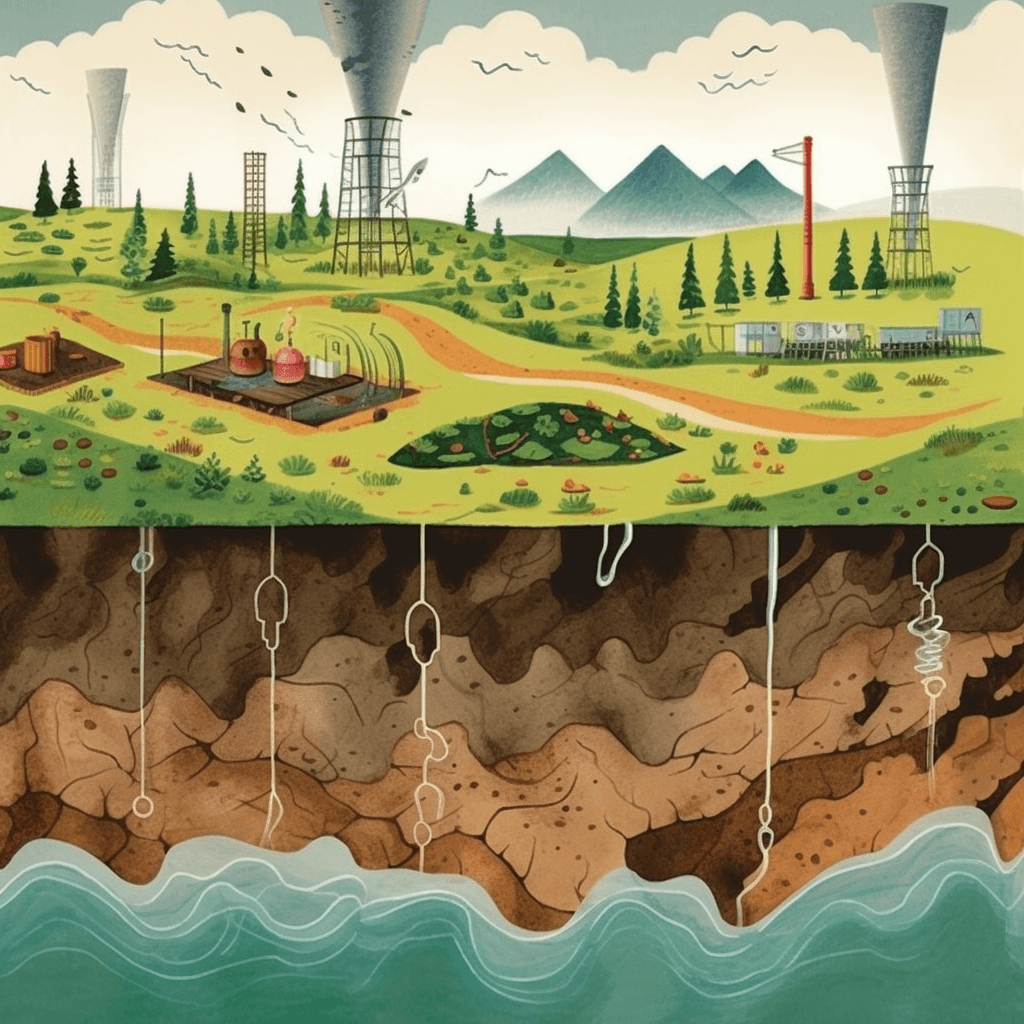

Environmental Science is an interdisciplinary field that combines the principles of biology, chemistry, physics, geology, and ecology to understand the complex interactions between humans and the environment. It offers a comprehensive approach to studying and addressing the challenges our planet faces today. In this blog post, we will delve into the various aspects of Environmental Science, its areas of focus, purpose, importance, and relevance in shaping a sustainable future.
Environmental Science is the scientific study of the environment, encompassing the understanding of natural processes, human activities, and their impact on ecosystems. It seeks to evaluate and find solutions to environmental problems through observation, experimentation, analysis, and modeling. By examining the intricate connections between the physical, chemical, and biological components of the environment, environmental scientists strive to develop strategies for sustainable resource management and environmental conservation.
Environmental Science encompasses a wide range of disciplines, including but not limited to:
The primary purpose of Environmental Science is to understand the complexities of our environment and develop strategies to mitigate and prevent environmental degradation. It aims to identify the root causes of environmental issues, assess their impact on ecosystems and human health, and propose sustainable solutions to promote the well-being of both present and future generations. By integrating scientific knowledge with policy-making and societal awareness, environmental science plays a crucial role in shaping environmental policies and practices worldwide.
Environmental Science is of paramount importance due to the urgent need for sustainable development and the preservation of natural resources. Here are some key reasons why this field is vital:
As we move towards a more sustainable future, the field of Environmental Science will continue to expand and evolve. Advancements in technology and research methodologies, coupled with increased awareness of environmental issues, will enable scientists to develop innovative solutions to complex problems. Collaborations between scientists, policymakers, and communities will become even more essential in achieving sustainable development goals.
If you are passionate about environmental conservation and want to pursue a career in Environmental Science, here are some steps to get started:
To excel in your journey as an environmental scientist, having access to quality equipment, materials, and references is crucial.
At ConductScience, we offer a comprehensive range of environmental science products, including laboratory equipment, field sampling tools, reference books, and scientific publications. Here are a few examples:
Benchtop 4 Vial COD Reactor: A versatile tool for chemical oxygen demand (COD) analysis, a crucial parameter for water quality assessment.
pH Analyzer Sensor: Accurately measures pH levels in various environmental samples for monitoring and analysis.
Benchtop 16 Vial COD Reactor: Designed for high-throughput COD analysis, enabling efficient water quality testing.
Benchtop NMR Analyzer for Seed Oil Content Analysis: A powerful tool for non-destructive analysis of seed oil content, aiding agricultural and food science research.
Benchtop Spectrophotometer: Measure light absorption and transmission properties of samples, supporting a wide range of environmental analyses.
Please visit our Environmental Science product category for more options.
Environmental Science is a multidisciplinary field that plays a vital role in understanding and addressing environmental challenges. Its purpose is to assess the impact of human activities on the environment, propose sustainable solutions, and promote responsible resource management. With its relevance in biodiversity conservation, climate change mitigation, and sustainable development, Environmental Science holds the key to a greener and more sustainable future.
Environmental Science offers a unique approach to understanding our environment and the impact of human activities. By pursuing a career in this field, individuals can contribute to the development of sustainable solutions, promote environmental conservation, and shape a better future for generations to come. With access to the right equipment, materials, and references, aspiring environmental scientists can embark on a fulfilling journey of discovery and make a positive impact on the world we live in.
